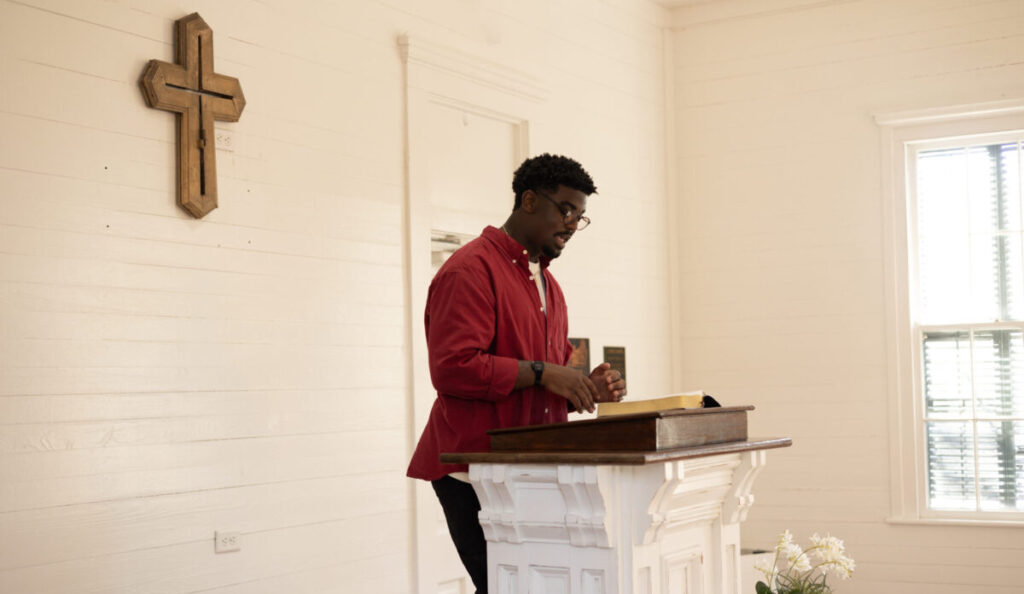Small churches are as responsible as their larger counterparts when it comes to financially planning for their pastor’s retirement.
Steve Richardson, CPA, offers advice: “Start small if necessary but lay down a good system and build on it. The second bit of advice for a first time church is to sue the Southern Baptist Convention (SBC) Annuity Board. These people are very good at what they do and there are benefits for using the SBC Annuity Board.”
A church need not have huge sums of money to start a pastor’s retirement fund, said Derrell Crimm, director of the annuity and insurance office of the Alabama Baptist State Board of Missions. He explained that this is because a cooperative retirement investing situation exists for smaller churches through the Annuity Board’s endowment. It supports the Mission/Church Assistance Fund, which provides five years of matching money for churches with an annual budget of about $40,000 or less. The board contributes 5 percent of the pastor’s first $10,000 income, the church would give $100 and the matching funds would be $500. Each year thereafter, the church or minister increases their contribution by 1 percent. As a result of this plan, the minister qualifies for disability and survivor protection insurance benefits.
“Set up the system, make a beginning, start, start small if necessary, but start. I have seen the truth of these words played out many times: a church that blesses their pastor and staff receives God’s blessing and often God’s financial blessings,” said Richardson.
“The last thing that a small or struggling church should do is let its financial circumstances lead it to sin in the area of financial matters, especially in the area of compensating its staff. It is better to have no staff than to compensate them poorly,” Richardson said.
Many smaller churches are financially forced to have a part-time pastor who works a secular job, which may or may not provide adequately for his retirement. All too often, churches feel relieved of the responsibility of providing retirement packages, feeling their pastor does not need one.
“The pastor’s situation in the secular work world should have no bearing on how he is compensated,” Richardson said. “Do not skimp when hiring a part-time pastor. One of the key strengths of the Baptist movement in the bivocational pastor. These guys are really the backbone of Baptist work in Alabama.
“Even if the pastor, with the best of intentions, tells the church not to worry about the level of his compensation or his retirement benefits, he is wrong to do so and the church would be wrong to follow his counsel in this matter,” he noted. “Life being short and other circumstances notwithstanding, no pastor is a permanent fixture,” he said. “At some point the church will call a new pastor whose circumstances may be different.
“It is incredibly unfair to the new pastor to follow a pastor who was woefully undercompensated by choice, or otherwise,” Richardson added. “This bit of wisdom is based on hard-earned experiences as I work with churches.”





Share with others: